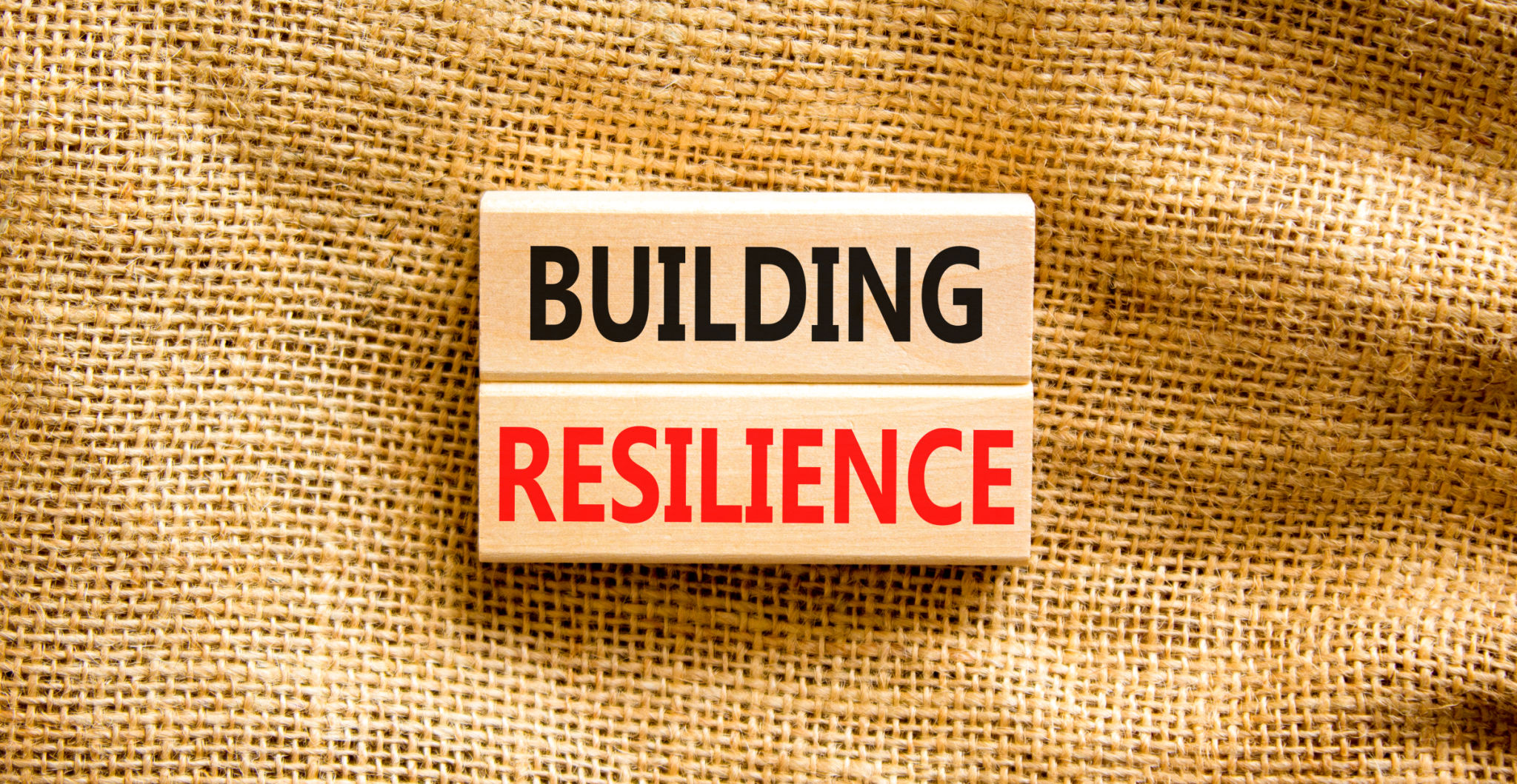Top Trends in Real Estate and Construction Consulting: What to Watch For
Es
Embracing Technological Advancements
The real estate and construction consulting industries have experienced a significant transformation over recent years, primarily driven by technological advancements. Industry professionals are increasingly integrating tools like Building Information Modeling (BIM), virtual reality (VR), and augmented reality (AR) to enhance project planning and execution. These technologies not only streamline processes but also improve accuracy and client satisfaction.
Furthermore, the use of drones for surveying and monitoring construction sites is gaining traction. Drones provide a bird's-eye view of projects, enabling consultants to gather precise data quickly and efficiently. As technology continues to evolve, staying abreast of these innovations is crucial for any consulting firm looking to maintain a competitive edge.

Sustainability and Green Building Practices
Another prominent trend in real estate and construction consulting is the shift towards sustainability and green building practices. With increasing awareness of environmental issues, clients are more interested in eco-friendly construction methods. Consultants are now prioritizing energy-efficient designs, sustainable materials, and reducing carbon footprints in their projects.
Green certifications, such as LEED (Leadership in Energy and Environmental Design), are becoming a standard expectation. These certifications not only demonstrate a commitment to sustainability but also add value to properties. Consulting firms that specialize in green building practices are in high demand as they help clients navigate the complexities of eco-friendly construction.

The Rise of Smart Buildings
The concept of smart buildings is revolutionizing the real estate sector. These buildings are equipped with advanced systems that automate various operations, enhancing security, energy management, and occupant comfort. Real estate and construction consultants are now focusing on integrating smart technologies into their projects to meet the growing demand for intelligent infrastructure.
Smart buildings employ Internet of Things (IoT) devices to collect data on usage patterns, enabling better resource management. Consultants must work closely with technology experts to design systems that are both innovative and user-friendly. As smart building technology becomes more sophisticated, consultants will play a crucial role in shaping the future of urban development.

Adapting to Changing Workforce Dynamics
The workforce in the real estate and construction sectors is undergoing significant changes. With the rise of remote work and flexible schedules, consultants are tasked with designing spaces that accommodate these evolving needs. This shift has led to the creation of hybrid workspaces that blend traditional office settings with remote work capabilities.
Real estate and construction consultants must stay informed about these changes to provide relevant solutions that enhance productivity and employee satisfaction. By understanding workforce dynamics, consultants can offer insights into how best to optimize spaces for both current and future needs.
Emphasis on Resilience and Risk Management
In an era where natural disasters and unforeseen events have become more frequent, resilience and risk management have become top priorities for real estate and construction consultants. This trend involves designing buildings that can withstand environmental challenges while ensuring the safety of occupants.
Consultants are increasingly focusing on risk assessment and disaster preparedness strategies. By incorporating resilient design elements and materials, consulting firms help clients protect their investments against potential threats. The emphasis on resilience not only safeguards properties but also enhances their long-term value.

Conclusion: Keeping Pace with Industry Changes
The real estate and construction consulting industries are in a state of constant evolution. By keeping an eye on these trends—technological advancements, sustainability, smart buildings, workforce dynamics, and resilience—consultants can provide valuable guidance to their clients. Staying informed and adaptable is essential for any firm looking to thrive in this dynamic market.
As we move forward, the integration of these trends will continue to shape the landscape of real estate and construction consulting. By embracing change and innovation, consulting firms can ensure their relevance and success in the years to come.